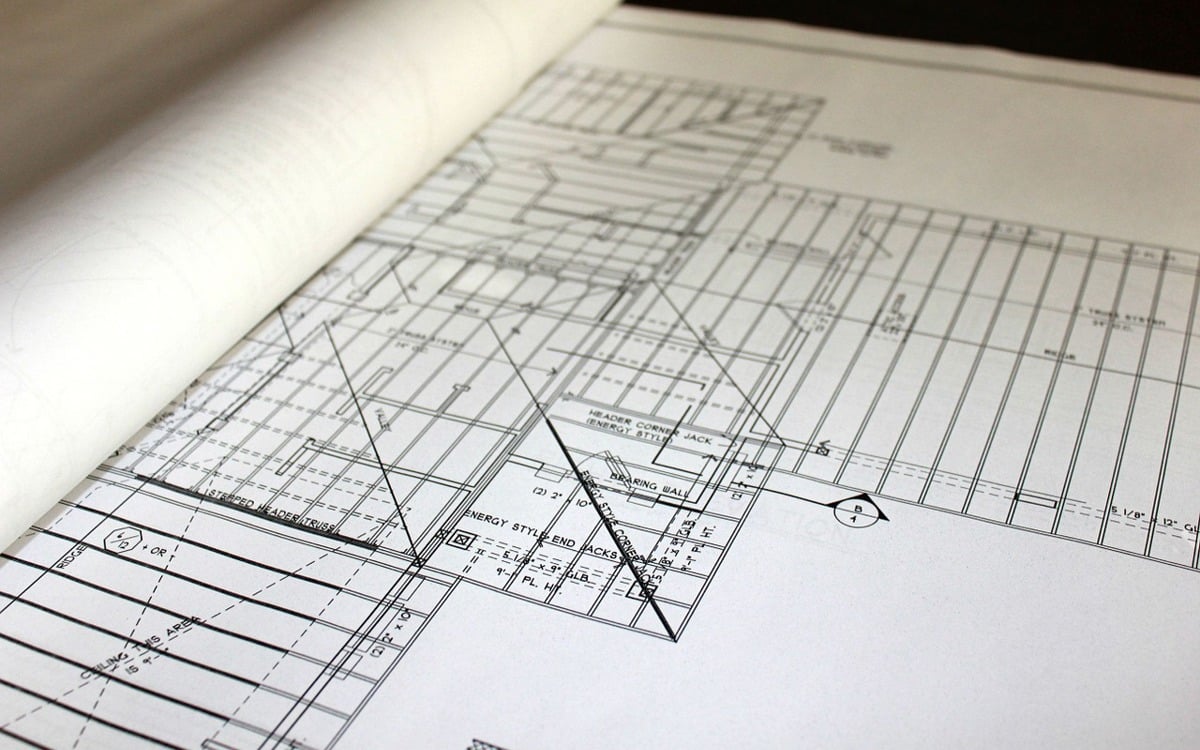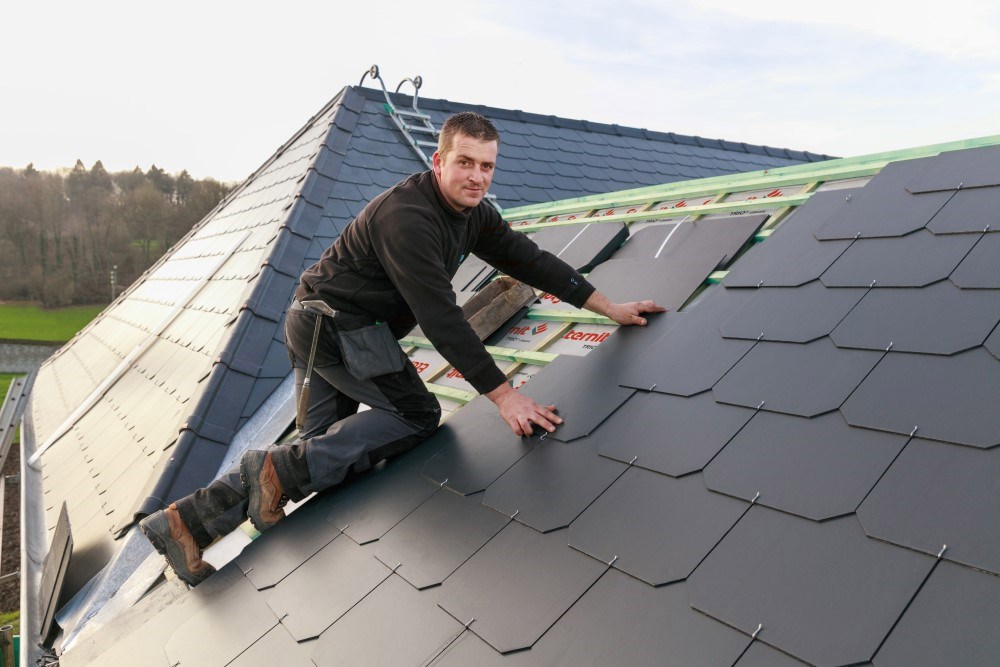Has your roof seen better days? So maybe it’s time for some repair or renovation works. But before you roll up your sleeves, first check what rules apply to the works you have in mind. Your local building authorities most likely regulate the shape, the properties and the look of your roof. Depending on the type of works, you need to declare your works before starting them, but for more significant adaptations, you would need to get an architect in and ask for a building permit. We’ll guide you through the different steps.

5 types of roof works
Generally, there are five different categories of interventions on your roof. As a rule of thumb, formalities are stricter for more substantial roof works that drastically change the look or structure of your home. We list them from minor to major works:
- Repairs or restoring the original roof: there are no formalities to fix your roof or to revert modifications to the originally approved roof type.
- Complete roof renovation: even though you don’t change anything to the structure, roofing or appearance of your roof, you still need to declare your renovation before starting the works.
- Creating openings such as roof windows: you need to declare the works, and often there are maximum surfaces that you are allowed to change. Beyond this, you would need a building permit.
- Renovating your roof with a different material: if you change the roofing (e.g. replacing tiles with slates), you need to declare your plans prior to the works.
- Changing the slope, raising your roof: as this completely changes the structure and the look of your home, you need to obtain a building permit before you can start the works.

Administrative formalities for your roof works
By declaring your plans prior to the works the local building authorities can check if your plans respect the town-planning scheme of your municipality. This prior building declaration is more than just informing the authorities. In fact, it is a simplified authorisation process for works that don’t require a building permit.
A building permit is compulsory for any extension that is not connected to the existing building or if you change the structure or look of your roof. If your home is located in a protected area (e.g. in the vicinity of historic monuments, in old town centres…), you will almost certainly need to obtain a building permit to avoid clashes with the urbanistic quality of the surrounding buildings.
Building and planning rules can be different from one region or municipality to another. So we recommend checking the regulations and procedures with the relevant building authority.

Architectural protection and expression
Your roof is an important part of the envelope of your house. It protects your home, but also greatly contributes to its quality and heritage value. Renovating your roof is a sustainable investment that will pay itself back in living comfort and security. Each roof has its own characteristics and accordingly requires a different budget.
The choice of materials is vital for your roof: it contributes to the individuality of your home, but also to its durability. Fibre-cement slates are a sustainable and cost-efficient option for your roof renovation. They are lightweight, pleasing to the eye and compatible with many types of insulation. What’s more, the slates can also be used for facade cladding to create modern effects.
More renovation inspiration at Cedral.world

A good start wins the race
Good preparation is vital for your renovation works. Check the local building regulations, but also check with professionals which modifications are feasible for your particular situation. Not everything is always possible, so you want to know this before getting your hopes up.
Whether you carry out a complete renovation or just small repairs, specialist advice helps you compose a realistic budget for the works. Professionals can also guide you through the administrative red tape with the local building authorities. We recommend working with qualified roofers to avoid unpleasant surprises.
